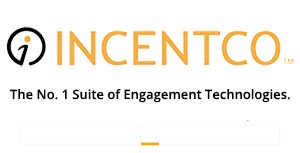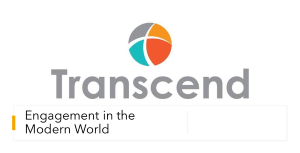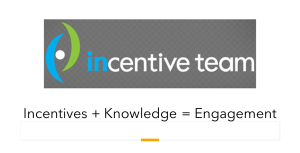Taxation of Employee Achievement Awards
Published by: National Association for Employee Recognition
Author: George B. Delta, Esq.
Section 274(j) of the Internal Revenue Code contains specific rules on the tax treatment of “employee achievement awards.” As a general rule, the employer cannot deduct employee achievement awards, unless they meet certain criteria. An employee achievement award is defined as an item of “tangible personal property” that an employer gives to an employee for length of service or safety achievement. The award must be given as part of a meaningful presentation and under such conditions that it does not amount to disguised compensation. For example, an incentive award will not qualify for favorable tax treatment if it is given at the same time that annual salary adjustments are made, or if it is used as a substitute for a program of awarding cash bonuses. If certain other statutory conditions are met, an employer may deduct the cost of employee achievement awards given to the same employee up to $400.00 in any year. If the employee achievement awards are given under an employer’s qualified plan (i.e., a written plan or program approved by the IRS and which does not discriminate in favor of highly compensated employees), the $400 deduction limitation is increased to $1,600.00 per employee. The average cost per employee of all employee achievement awards given pursuant to all of the employer’s established written plans during any given year cannot exceed $400.00, however. Although the employer may deduct the cost of employee achievement awards, they are not taxable to the employee.
If an award is one of “nominal value,” its cost is excluded from the calculation of the total amount of incentive awards given under established written plans or programs in any year. The IRS has not said what constitutes nominal value for these purposes, but most experts believe that up to $50.00 is of nominal value, while others believe that an award of up to $100.00 should be treated as one of nominal value.
Tangible personal property excludes certain items. Accordingly, an incentive award cannot be in the form of cash or a gift certificate (other than a non-negotiable certificate conferring only the right to receive tangible personal property). Any certificate that may be converted to cash is not “tangible personal property” and cannot qualify for preferential tax treatment. Other items that are not tangible personal property include travel, vacations, meals, lodging, tickets to theater or sporting events, and stocks, bonds, or other securities. The fair market value of incentive travel awards given to employees is taxable as additional income to them and deductible by the employer as compensation paid.
A length of service award can be excluded from an employee’s income only if it is received by the employee after his first five years of service with the employer making the award, and then only if the employee has not received another length of service award from his employer for at least five years. An award for safety achievement can be excluded from an employee’s income only if that employee is a full-time employee (other than a manager, administrator, clerical worker or other professional employee), and then only if during the taxable year all other employee awards for safety achievement have previously been made to 10% or less of the eligible full-time employees of the employer, excluding awards that are not taxable because they are de minimis fringe benefits. Once the 10% limitation is exceeded in any given year, the employer may not deduct the cost of any subsequent safety achievement awards.
The rule that an award for safety achievement can be made to up to 10% of eligible employees only has created a lurking problem for employers and employees under the Fair Labor Standards Act (FLSA), if the employer does not structure its safety incentive program properly. The FLSA and its regulations generally consider prizes awarded for perfect attendance or safety records as additional remuneration for employment and require that their value be rolled back into the employees’ regular rate of pay for overtime purposes. For example, if an employee can earn some prize automatically by attending safety meetings or by having a perfect safety record over a period of time such as one month, the prizes would probably be treated as additional remuneration earned by the employee for his employment. This additional remuneration that an employee will be deemed to have received may require the company to pay him or her additional overtime. One exception to this rule is if the granting of the prize or award is pursuant to a drawing (a lottery or game of chance) where an employee’s chances of winning the prize are small. The exception would not apply to most safety incentive programs, however, as they are structured to include a substantial number of employees (up to 10% of eligible employees). Thus, it becomes very important for an incentive firm and employer to structure a safety incentive program so that it fits within the requirements of Internal Revenue Code section 274(j).
As long as the merchandise that the employee receives for safety achievement satisfies specific rules of section 274(j) of the Code, it would not be taxable as compensation for income and payroll (FICA) tax purposes. Similarly, the safety achievement award should not be deemed to be additional remuneration for employment for purposes of the FLSA. The most common pitfalls for safety achievement plans is that awards may sometimes be given to more than 10% of eligible employees, or that the awards are not merchandise or other tangible personal property (for example, travel, vacations, meals, lodging, tickets to theater or sporting events, and the like). Incentive firms should be extremely careful that safety achievement awards qualify for preferential tax treatment under section 274(j) of the Code, or the employer may lose its deduction and be liable for additional overtime to its employees under the FLSA, and the employee may be required to include the award in his or her income.


















